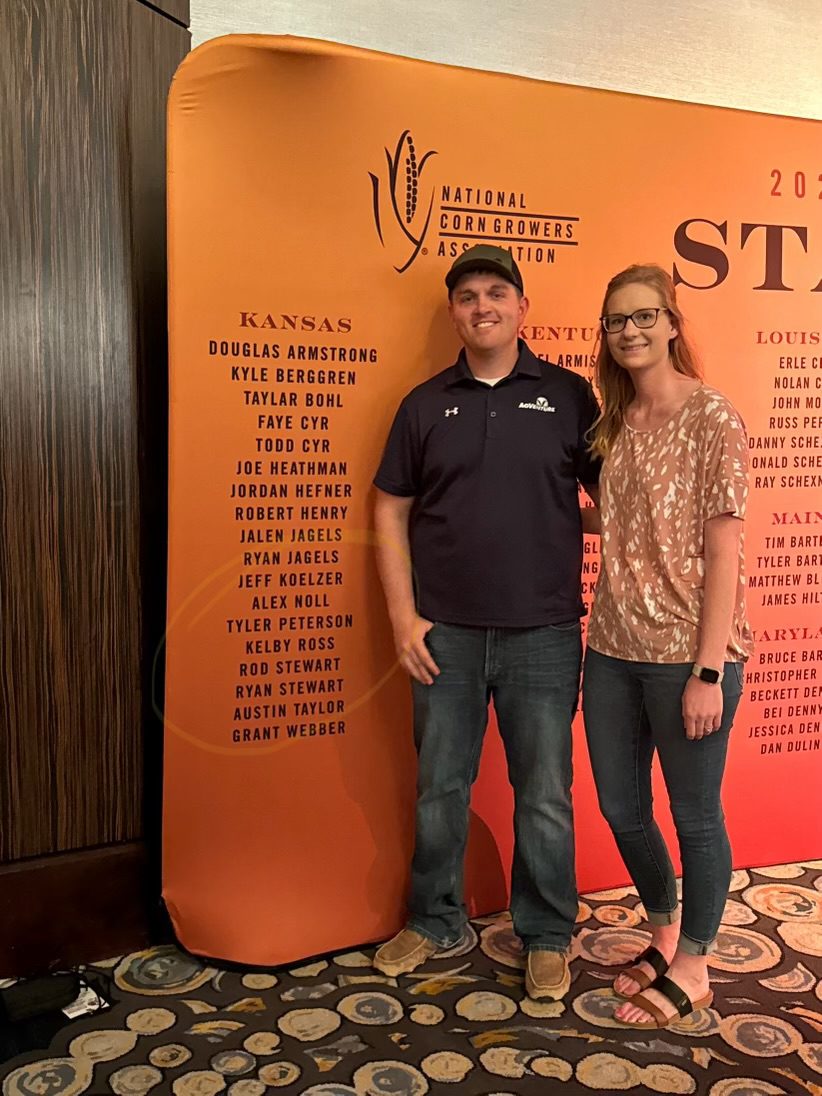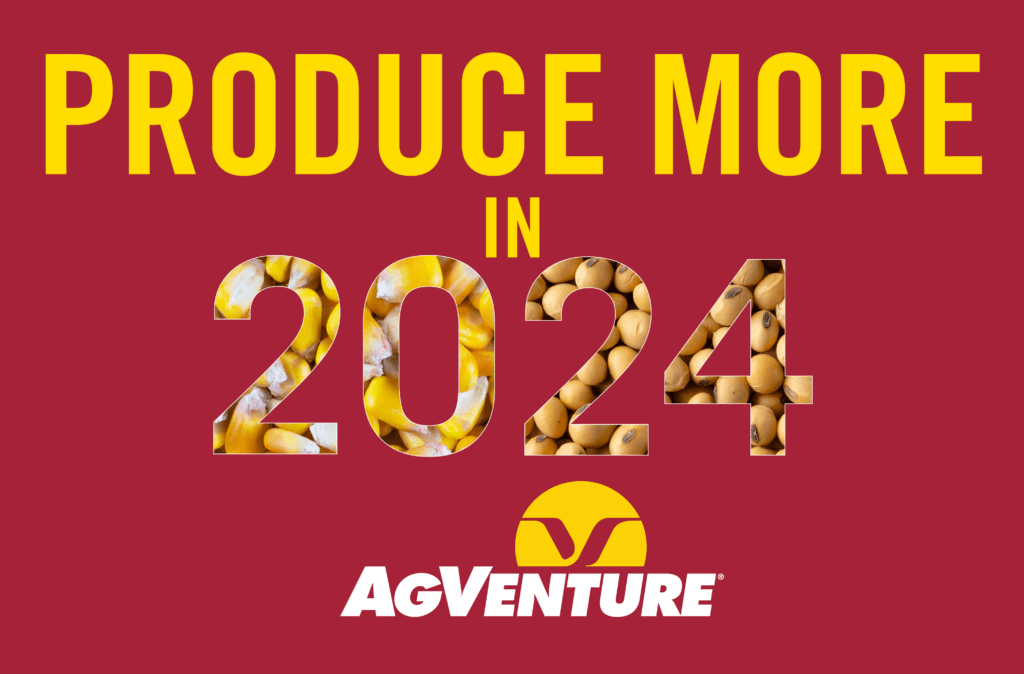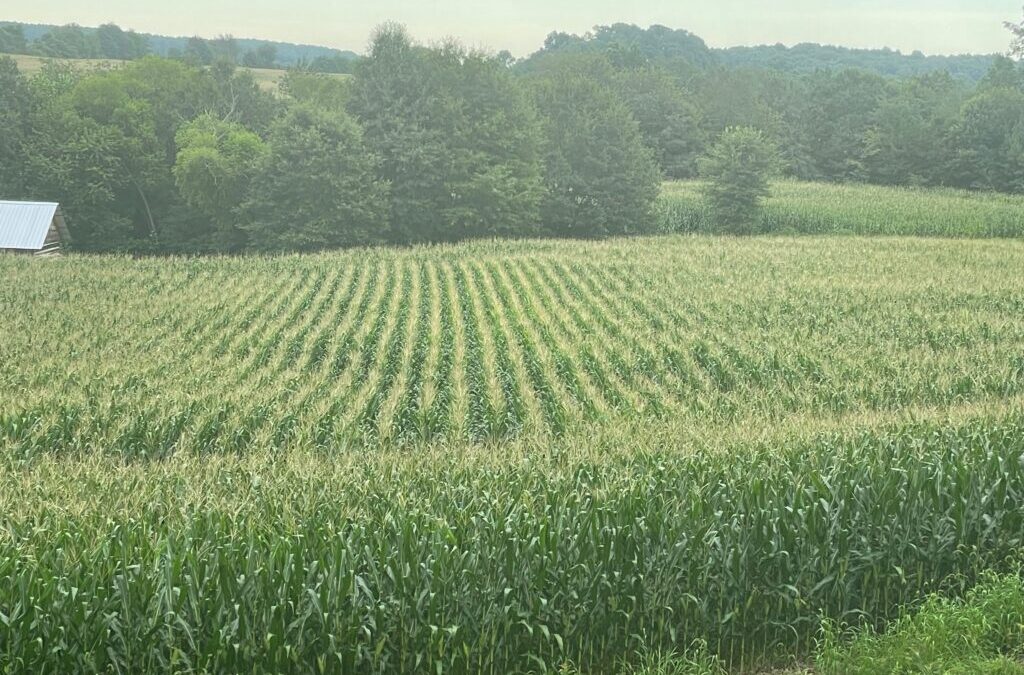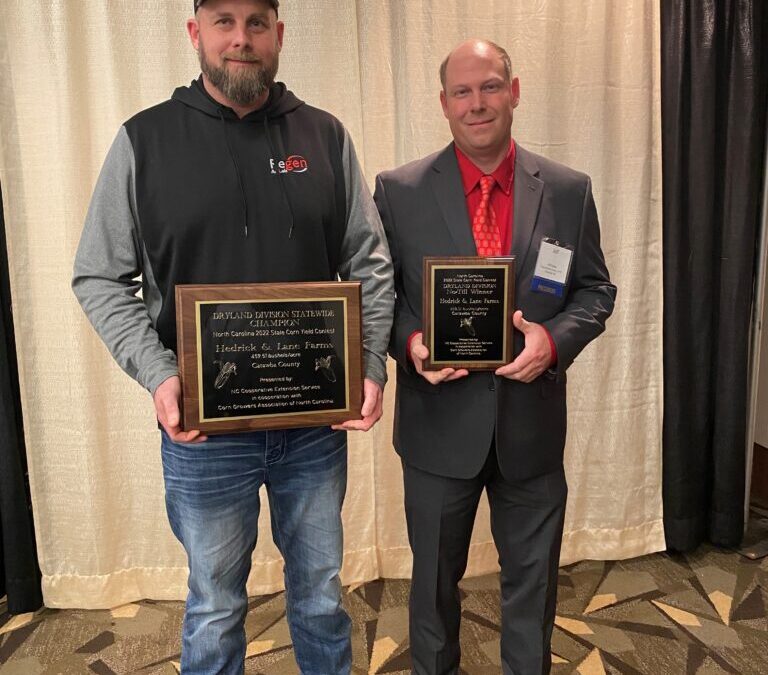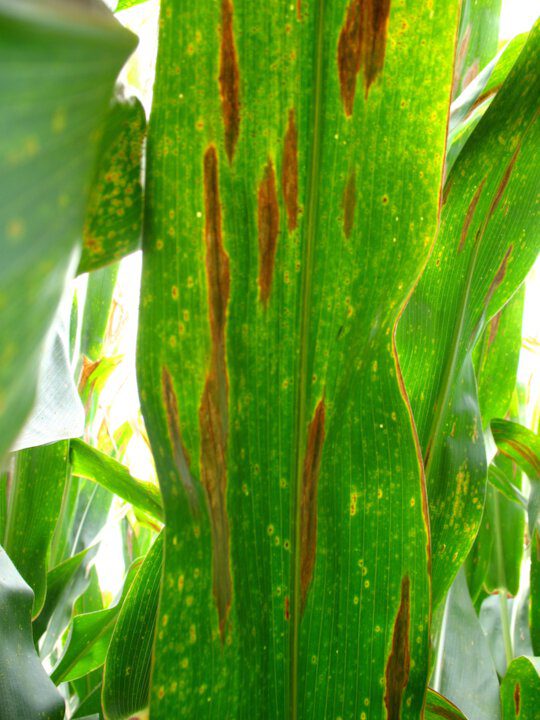
Northern Corn Leaf Blight
Northern Corn Leaf Blight (NCLB) is a critical concern for corn growers, as it can severely impact crop health and yield under favorable conditions for the pathogen. The disease, driven by Exserohilum turcicum, thrives in warm, wet environments and can quickly spread if not controlled.
